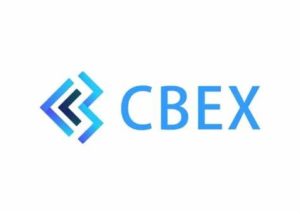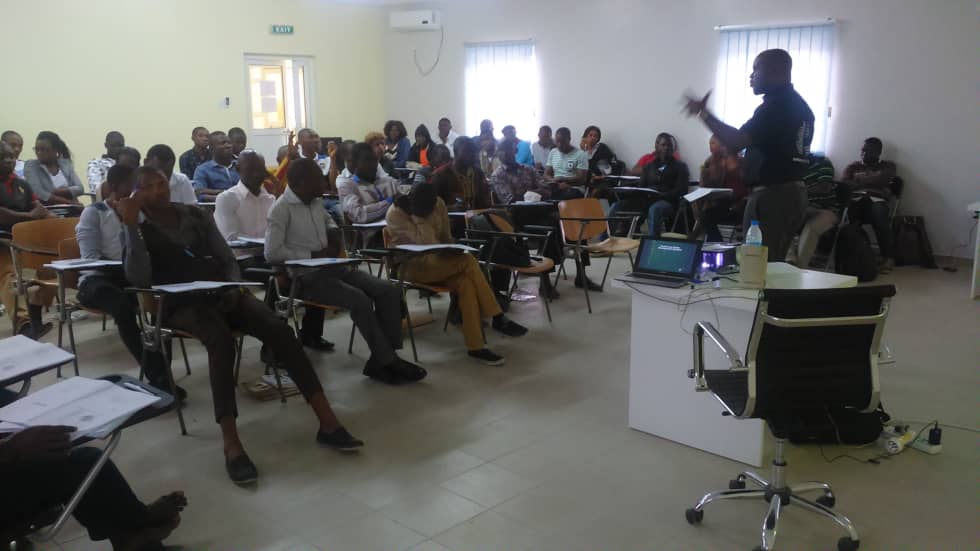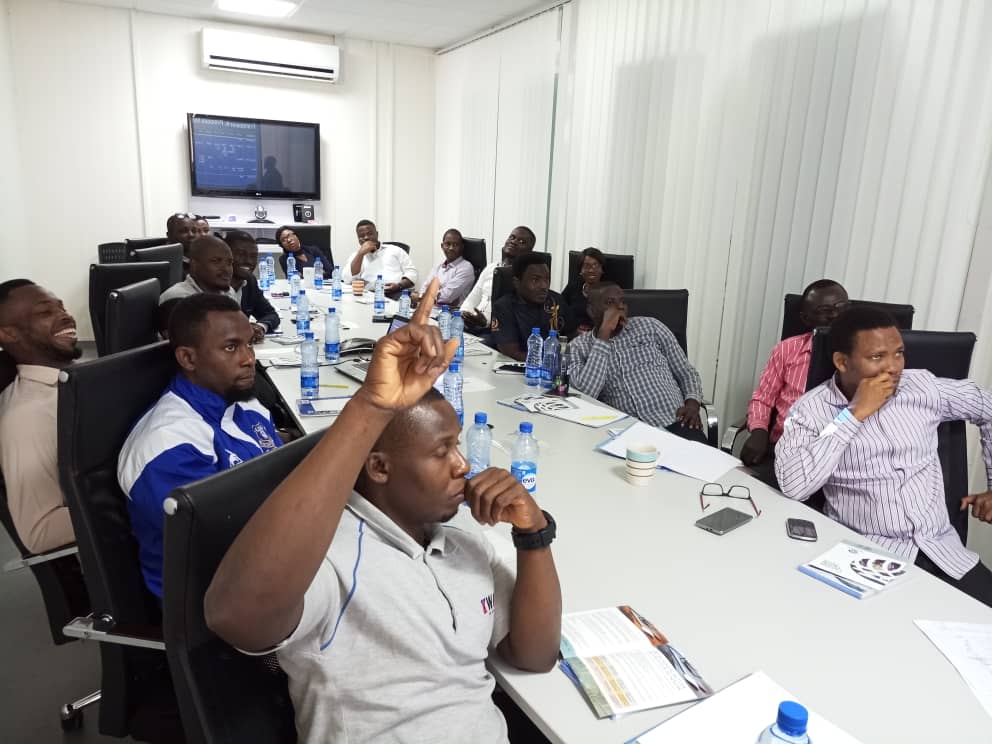Earlier this year, thousands of Nigerians woke up to a financial nightmare. CBEX, a supposed crypto trading platform, vanished overnight, along with an estimated ₦1.3 trillion of investors’ funds.
This wasn’t just a story of crypto gone wrong. It was a reminder of the widening gap in Nigeria’s digital and financial literacy, especially among professionals who should have known better.
And that’s where the real conversation begins.

When “Too Good to Be True” Still Works
CBEX promised 100% returns within 30 days, powered by “AI-generated crypto signals.” It lured users through Telegram groups, private apps, and referral bonuses that grew like wildfire.
What’s striking isn’t just the boldness of the scam, it’s how many working professionals, including well-educated Nigerians, fell for it. This wasn’t isolated to rural areas or low-income earners. People with degrees, jobs, and digital access were affected. Offices were flooded with “investment advice.” Colleagues urged one another to join. Entire salary advances were pumped into the system.

Why Smart People Still Fall for Scams
It’s easy to assume that education alone protects against fraud. But as CBEX proved, it doesn’t.
What’s missing isn’t intelligence, it’s training and education.
Many professionals have never received practical instruction on:
- How to spot a Ponzi scheme or phishing site
- How unregulated crypto platforms operate
- The psychology of scam persuasion
- Digital investment best practices
- Workplace boundaries around investment solicitation
These are not just personal skills, they are professional necessities in today’s economy.

Why This Matters in the Workplace
Scams like CBEX don’t just hurt individuals, they affect entire organizations. When employees lose large sums of money:
- Productivity drops
- Mental health declines
- Office relationships are strained
- Some even use company time or resources to promote the scheme
It becomes an HR issue, a compliance risk, and a training gap all at once.

The Role of Training and Professional Development
At Oak Interlink, we believe training should go beyond certificates. It should equip people to thrive in the real world, not just pass exams.
CBEX highlighted the urgent need for:
- Financial literacy programs tailored to the workplace
- Digital ethics and security workshops
- Critical thinking and risk analysis training
- Internal policy reviews to prevent peer-to-peer fraud in the office
Whether you’re a team lead, HR manager, or executive, empowering your staff with these skills isn’t just a nice-to-have. It’s damage control.
What Can Companies Do Now?
- Educate proactively – Don’t wait for a scam to strike. Offer regular workshops on personal finance, digital safety, and fraud awareness.
- Update policies – Make it clear that promoting unverified schemes in the workplace is not acceptable.
- Train with context – Use real-world examples like CBEX to drive lessons home.
- Partner with experts – Work with training providers who understand both the corporate environment and the Nigerian digital world.
If CBEX taught us anything, it’s that we can’t afford to assume people already know better. Today, scams are getting smarter and more emotionally persuasive, training is no longer optional, it’s a frontline defense.
At Oak Interlink, we’re committed to building smarter teams, stronger organizations, and a more informed workforce. Let’s help your organization stay ahead of digital threats and financial pitfalls.
Contact us today to discuss a customized training program for your team.









